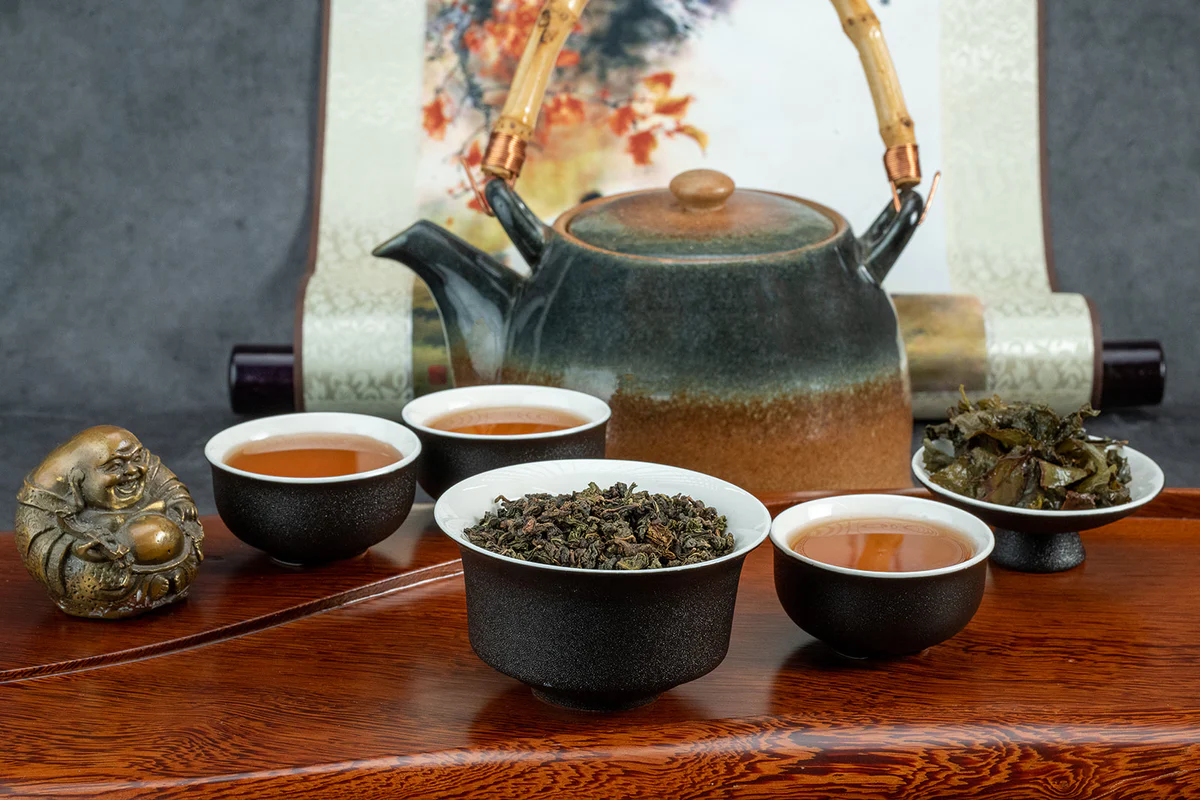Chinese tea is a beverage deeply ingrained in the country’s history and culture, with a rich tradition dating back thousands of years. The question of whether Chinese tea contains sugar can be approached from several angles, considering factors such as tea types, production methods, regional variations, and cultural practices.
1. Types of Chinese Tea:
Chinese tea encompasses a wide range of varieties, each with its unique characteristics. The major types of Chinese tea include green tea, black tea, oolong tea, white tea, yellow tea, and dark tea (such as pu-erh). The presence of sugar in Chinese tea is not inherent to its classification; rather, it is influenced by how the tea is processed and consumed.
2. Natural Sugars in Tea Leaves:
Tea leaves naturally contain sugars, but the amount is relatively low compared to many other beverages. The level of natural sugars in tea varies depending on factors such as tea type, growing conditions, and harvesting times. Green tea, for instance, is known for its fresh and slightly sweet flavor, attributed in part to the presence of natural sugars.
3. Processing Methods:
The processing methods play a crucial role in determining whether sugar is added to Chinese tea. During the production of some teas, especially flavored or scented varieties, additional ingredients like sugar or sweet flowers might be introduced. However, this is not a universal practice, and the majority of traditional Chinese teas are processed without the addition of sugar.
4. Cultural Practices:
In Chinese culture, the preparation and consumption of tea vary widely. Some teas, especially those served in teahouses or restaurants, might be prepared in a specific way that includes the addition of sugar or sweeteners to enhance the flavor. However, this is not representative of all Chinese tea consumption, as many tea enthusiasts prefer to experience the natural and nuanced flavors of the tea without additional sweeteners.
5. Traditional Chinese Tea Ceremonies:
Traditional Chinese tea ceremonies, such as Gongfu Cha, focus on the appreciation of the tea itself. These ceremonies emphasize the art of preparing and serving tea to highlight its unique flavors and aromas. Sugar is typically not added during these ceremonies to allow the drinker to savor the tea in its purest form.
6. Market Trends and Commercial Teas:
In recent years, there has been an increase in the popularity of commercialized and packaged Chinese teas, which may include a variety of flavored or sweetened options. These teas are designed to cater to different tastes and preferences, and some may indeed contain added sugars. However, it’s important to distinguish between traditional, artisanal teas and mass-produced, commercially flavored teas.
7. Health Considerations:
Many people appreciate Chinese tea for its potential health benefits, such as antioxidants and various bioactive compounds. Adding sugar to tea may compromise some of these health benefits, as excessive sugar intake is associated with various health issues. Health-conscious consumers often prefer their tea without added sweeteners.
8. Individual Preferences:
Ultimately, whether sugar is added to Chinese tea depends on individual preferences. Some people enjoy the natural, unadulterated flavors of tea, while others may prefer a sweeter taste. Preferences can also be influenced by regional and cultural differences within China.
In conclusion, Chinese tea itself does not inherently contain sugar, as the natural sugars present in the tea leaves are relatively minimal. However, the addition of sugar can occur during the production of certain flavored teas or in the preparation process based on cultural practices or individual preferences.
For those seeking a more authentic and traditional experience, exploring the diverse world of Chinese tea in its pure form without added sweeteners can provide a deeper appreciation for this ancient beverage.
